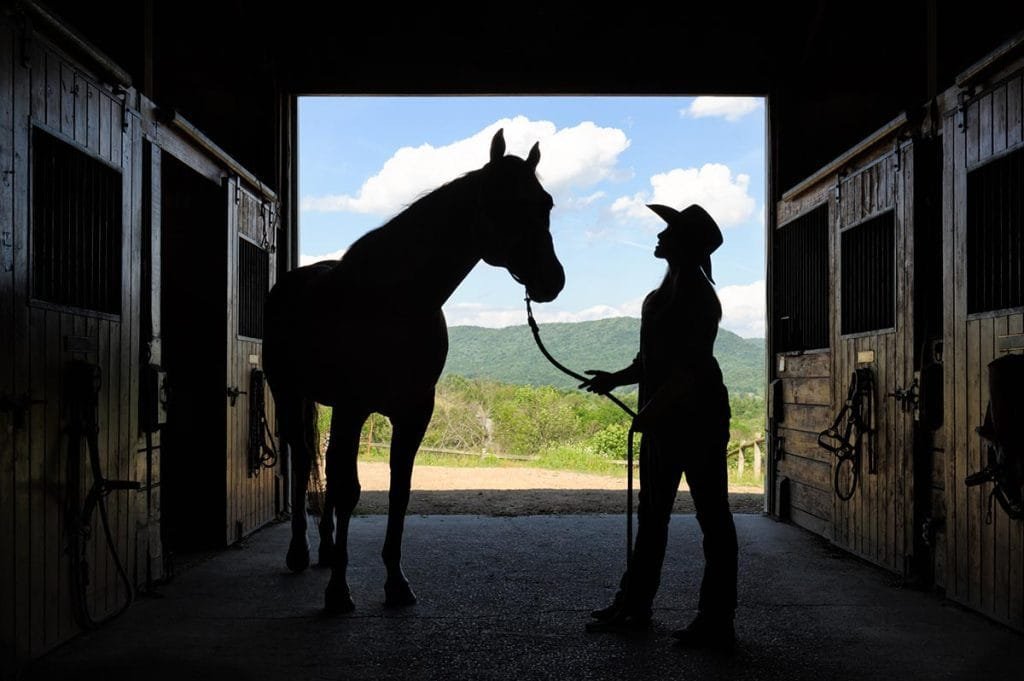Choosing the Right Horse: Health Issues to Keep in Mind
Choosing a horse is an exciting journey, but it comes with its own set of responsibilities. Understanding the health conditions that can affect a horse’s performance and well-being is crucial for any potential owner. Here’s a guide to help you make an informed decision.
1. Lameness
Lameness is one of the most common health issues in horses. It can be caused by various factors, including injuries, arthritis, or poor shoeing. When trying a horse, observe how it moves. Does it show any signs of limping or reluctance to trot or canter? A veterinary pre-purchase exam can help identify any underlying issues. Remember, a lameness issue can affect a horse’s ability to perform and may lead to costly veterinary bills down the line.
2. Respiratory Conditions
Horses are prone to respiratory problems such as heaves, which is similar to asthma in humans. This condition can be exacerbated by dust or mold in their environment. When considering a horse, pay attention to its breathing during exercise. A horse that coughs or has labored breathing may have underlying respiratory issues. Make sure to ask about the horse’s living conditions and any past respiratory problems.
3. Gastric Ulcers
Gastric ulcers are surprisingly common in horses, especially those in training or under stress. Symptoms can include poor appetite, changes in behavior, and weight loss. If you notice any of these signs during your visit, it’s worth discussing them with the owner or a vet. Managing a horse with ulcers can require medication and dietary adjustments, adding to your responsibilities and expenses.
4. Joint Problems
Joint issues, including arthritis or developmental disorders, can greatly impact a horse’s performance and longevity. Pay attention to any stiffness or swelling in the legs and joints. Horses that are older or heavily worked may be more prone to these problems. A thorough veterinary check can reveal any joint concerns, helping you understand the horse’s potential for future activities.
5. Skin Conditions
Skin problems such as ringworm, dermatitis, or sarcoids can affect a horse’s comfort and health. Look for any unusual patches, sores, or excessive itching. These conditions can often be treated, but they may require time and attention, which could be a concern for new owners. Ensure that the horse’s grooming and hygiene practices are up to par, as this can prevent many skin issues.
6. Dental Health
Dental problems can significantly affect a horse’s health and performance. Horses need regular dental check-ups to ensure their teeth are in good condition. Issues like uneven wear, missing teeth, or decay can cause pain and lead to difficulties in eating. Ask the owner when the horse last had a dental exam and if there have been any issues. This will help you gauge the horse’s overall health and nutritional status.
7. Weight Management
Maintaining a healthy weight is essential for a horse’s overall well-being. Obesity can lead to various health issues, including laminitis and metabolic syndrome. When trying a horse, assess its body condition. A horse that is too thin may require special feeding and care, while an overweight horse might need a weight management plan. Understanding the horse’s dietary needs and exercise routine will help you set it up for success.
Choosing a horse is not just about finding one that fits your riding style; it’s about ensuring you can provide the best care possible. Being aware of potential health conditions will help you make a well-informed decision. Always consult with a veterinarian for a thorough examination before finalizing your choice. This way, you can enjoy a happy, healthy partnership with your new equine friend!




